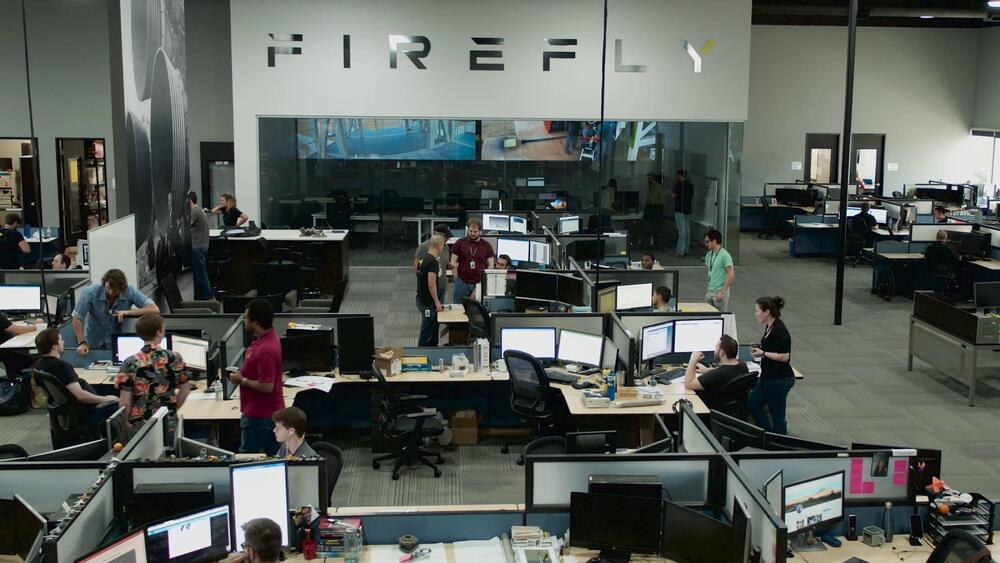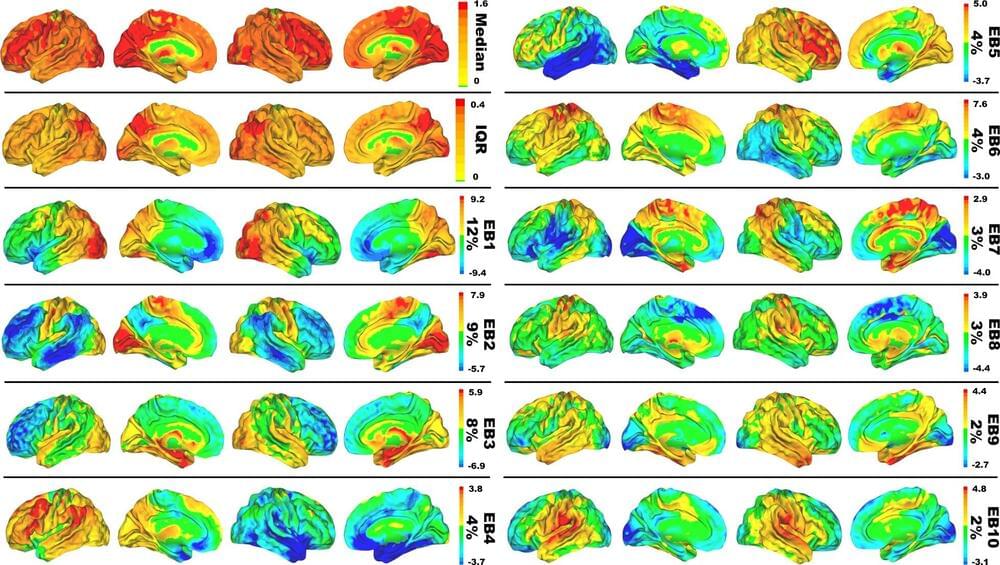WASHINGTON — Small launch vehicle company Virgin Orbit says it sees opportunities not just in satellite launch but also in hypersonics as it looks to increase its revenue.
In its first financial results since going public in December after a merger with a special purpose acquisition corporation (SPAC), Virgin Orbit announced March 29 a net loss of $157.3 million for 2021 on $7.4 million in revenue. That compared to a net loss of $121.6 million on $3.8 million in revenue in 2020.
Despite the significant loss, the company emphasized in an earnings call the increase in revenue, primarily from two LauncherOne missions conducted in 2021, as well as a slight improvement in adjusted earnings before interest, taxes, depreciation, and amortization (EBITDA). Virgin Orbit reported an adjusted EBITDA of –$140.4 million in 2021 versus –$157.5 million in 2020.









